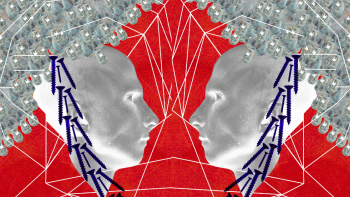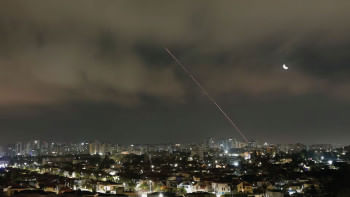Are we really fostering creativity?

The recent controversy around a question in this year's HSC Bangla First Paper exam has, once again, brought to light the many deficiencies in our education system. The incendiary question has hurt the religious sentiments of Hindus and stoked communal disharmony. It makes us wonder if the so-called "creative" question pattern is serving the purpose of inspiring critical thinking when the teachers themselves are so lacklustre in their performances.
The creative question system was first introduced in 2008 to promote critical thinking and move the students away from blindly memorising guidebooks. However, many teachers still remain woefully unprepared to set questions under this system. According to a government survey, about 38 percent of secondary and higher secondary school teachers in Bangladesh cannot set question papers under the creative method. More than half of all teachers have not been trained in setting creative questions. The teachers who did receive some training complained that it was not adequate.
Our education system for young students should inspire them to think critically and creatively. An atmosphere of learning and free thinking should be upheld at all the educational institutions across the country, and our teachers should be trained to maintain that.
This has resulted in some teachers copying questions directly out of guidebooks, as had reportedly happened in the 2020 SSC Bangla exam. Many others are accused of buying questions from teachers' associations, even though there are strict government orders against doing so. The other problem that has arisen from this is the appearance of questionable questions in public examination papers, the latest of which is mentioned above.
Reportedly, an assistant professor at Dr Saiful Islam Degree College in Moheshpur, Jhenaidah prepared the question paper, which was later reviewed by four other teachers from Jashore education board. The teachers involved have been identified and a probe has been launched against them, which is an admirable development. But it is worrisome how teachers who are "master trainers" could prepare such a question or approve it to begin with, as they receive more training than the standard three-day training for question-setters.
All these suggest that many of our teachers lack the necessary guidance to set creative questions, in the absence of adequate training or comprehensive guidelines of what's acceptable to posit in a question. It's high time we took a look at what these trainings contain and evaluated whether our teachers themselves lack the sensitivity and critical thinking needed to foster such skills in their students.
Our education system for young students should inspire them to think critically and creatively. An atmosphere of learning and free thinking should be upheld at all the educational institutions across the country, and our teachers should be trained to maintain that. Academic freedom and a free exchange of ideas should be the first priority of our educators. Failing that and preparing communal question papers instead will do irreparable harm to our society.


 For all latest news, follow The Daily Star's Google News channel.
For all latest news, follow The Daily Star's Google News channel. 






Comments